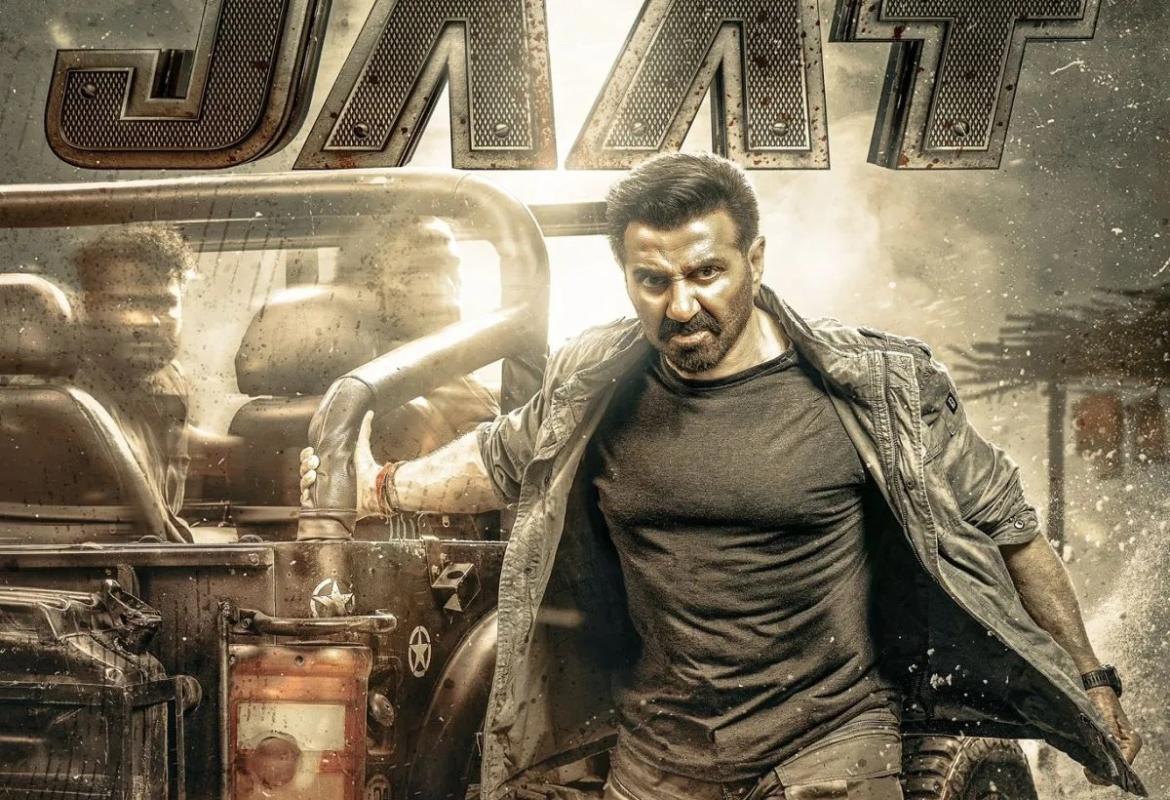More than just remembering' - TAG
A witness recalls the horrors of her walk towards the Sri Lankan Army controlled territory on the penultimate day of the conflict, the 17th May.
“I walked, following many others, thousands. As I walked I saw the scale of the destruction, there were pools of blood and many wounded or dead. I saw a truck laden with people that had been hit by a shell not long before - the wounds were fresh. There was a mother dead, her baby still alive beside her.”
What then followed was months in an IDP camp, months punctured by torture, and upon release, the constant fear of persecution. This, 4 years on from those final days of death and surrender, is the reality of life for many Tamils in Sri Lanka.
On this anniversary, we remember those who lost their lives and those who survived them and we ask, what progress has been made in the fight for justice? The answer is sobering – far too little. This in spite of incontrovertible evidence of the crimes perpetrated by the Sri Lankan state against its own citizens, this despite the manifest failings of the Sri Lankan state to provide justice, this despite much international condemnation by states, INGOs, and, especially of late, the international legal community.

